-
Catalog
Recommended
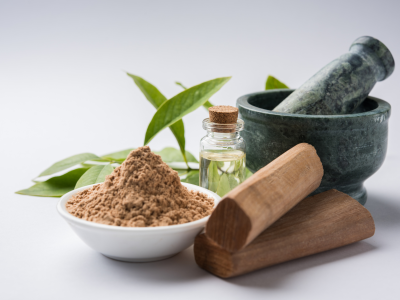 Skin Care Products
Skin Care ProductsStarting at₹99.99 -
Best Selling
- Offers
Argan: Tree of Life Oil
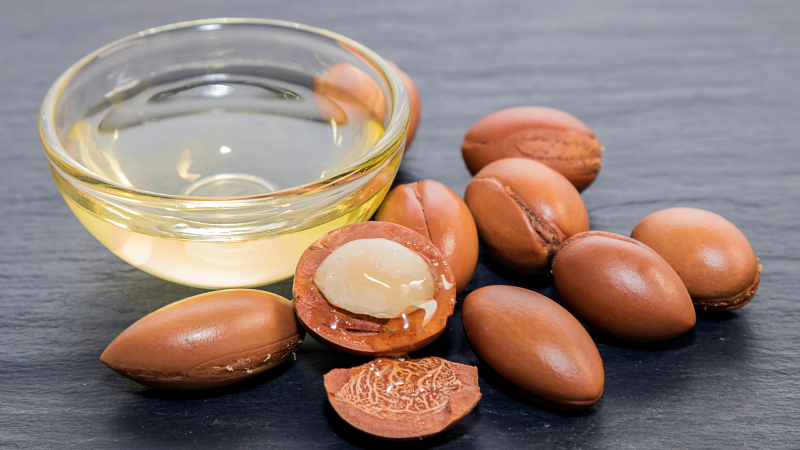
Argan oil is a nutrient-rich oil extracted from the kernels of the argan tree (Argania spinosa), which is native to Morocco. Often referred to as "liquid gold," it's prized for its skin, hair, and health benefits, and is available in two forms: cosmetic-grade and culinary-grade. Argan oil is often referred to by several nicknames and alternative names, especially in the beauty and wellness world due to its rich nutrient profile and traditional origins.
? Types of Argan Oil:
-
Cosmetic Argan Oil – Cold-pressed, light in scent; used on skin, hair, nails
-
Culinary Argan Oil – Roasted before pressing; used in cooking, with a nutty flavor
✨ Benefits of Argan Oil
?♀️ For Skin
-
Moisturizes and nourishes – rich in vitamin E, fatty acids, and antioxidants
-
Helps reduce dryness, fine lines, and improves elasticity
-
May soothe eczema, psoriasis, or sunburn
-
Has anti-inflammatory and antibacterial properties
-
Non-comedogenic – often safe for acne-prone skin
?♀️ For Hair
-
Adds shine, softness, and reduces frizz
-
Helps repair damaged hair and split ends
-
Can be used as a leave-in conditioner or scalp treatment
? For Nails
-
Strengthens brittle nails and softens cuticles
? For Cooking (Culinary Argan Oil)
-
Rich in oleic and linoleic acids – supports heart health
-
Contains antioxidants that may help reduce inflammation and oxidative stress
-
Used in Moroccan cuisine (e.g., amlou paste, salad dressings)
How to Use:
-
Skin: Apply a few drops to clean, damp skin
-
Hair: Rub into damp hair or scalp, or use as a mask before washing
-
Nails: Massage into cuticles and nails nightly
-
Cooking: Use cold or lightly warmed—not ideal for high-heat frying
⚠️ Cautions:
-
Choose 100% pure, cold-pressed argan oil (no added fragrance or preservatives)
-
Rare allergic reactions may occur—patch test first, especially if you have nut allergies





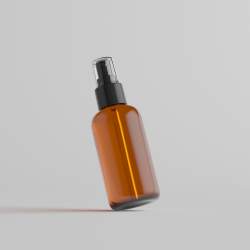

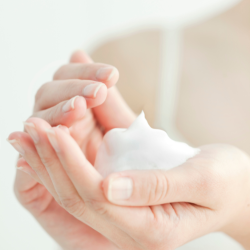

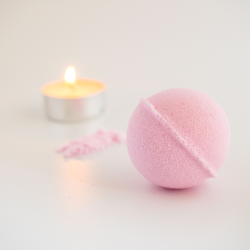

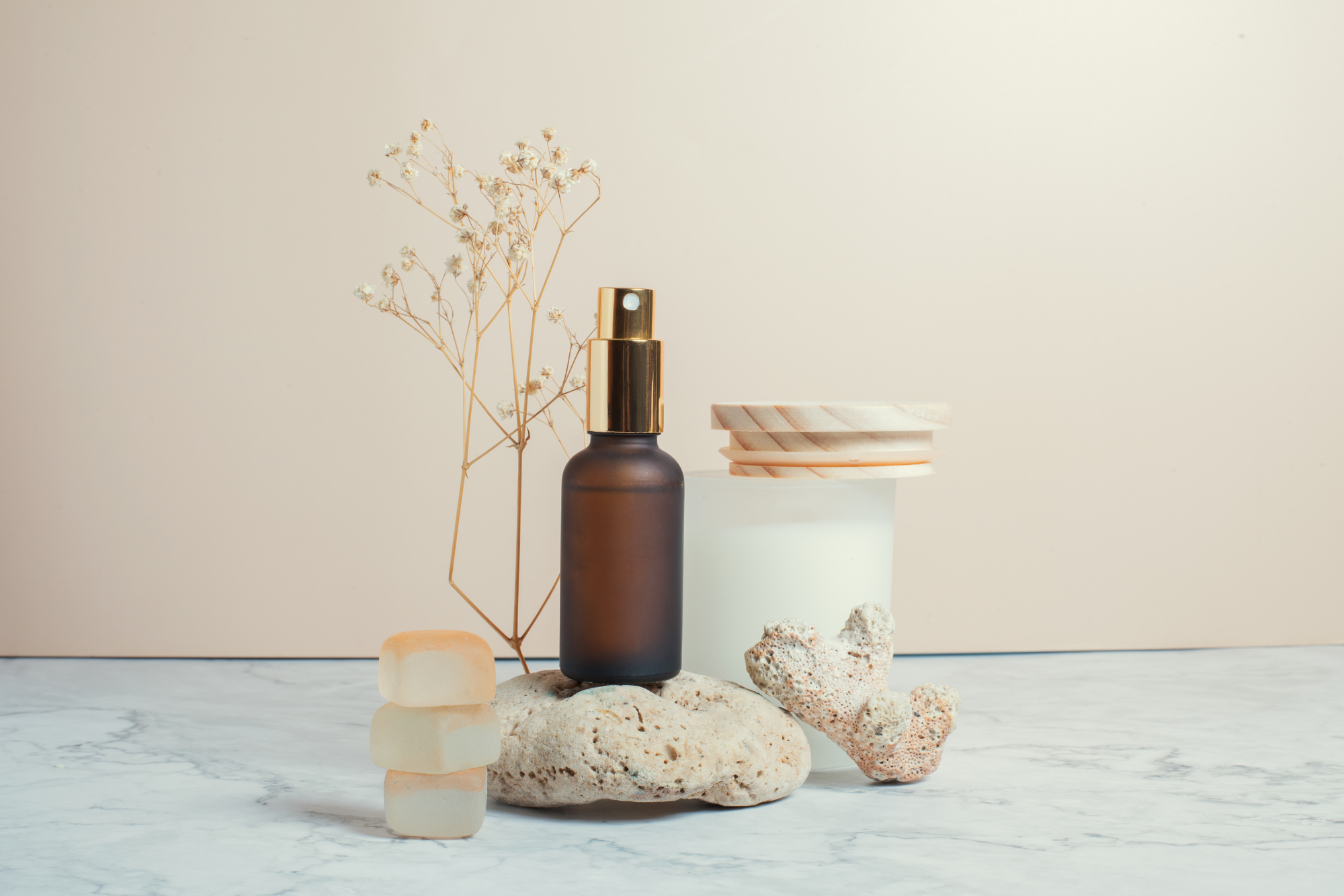



21 Comment(s)
1
1
1
1
1
1
1
1
1
1
1
1
1
1
1
1
1
1
1
1
1
1
1
1
1
1
1
1
1
1
1
1
1
1
1
1
1
1
1
1
1
1
1
1
1
1
1
1
1
1
1
1
1
1
1
1
1
1
1
1
1
1
1
1
1
1
1
1
1
1
1
1
1
1
1
1
1
1
1
1
1
1
1
Leave a comment